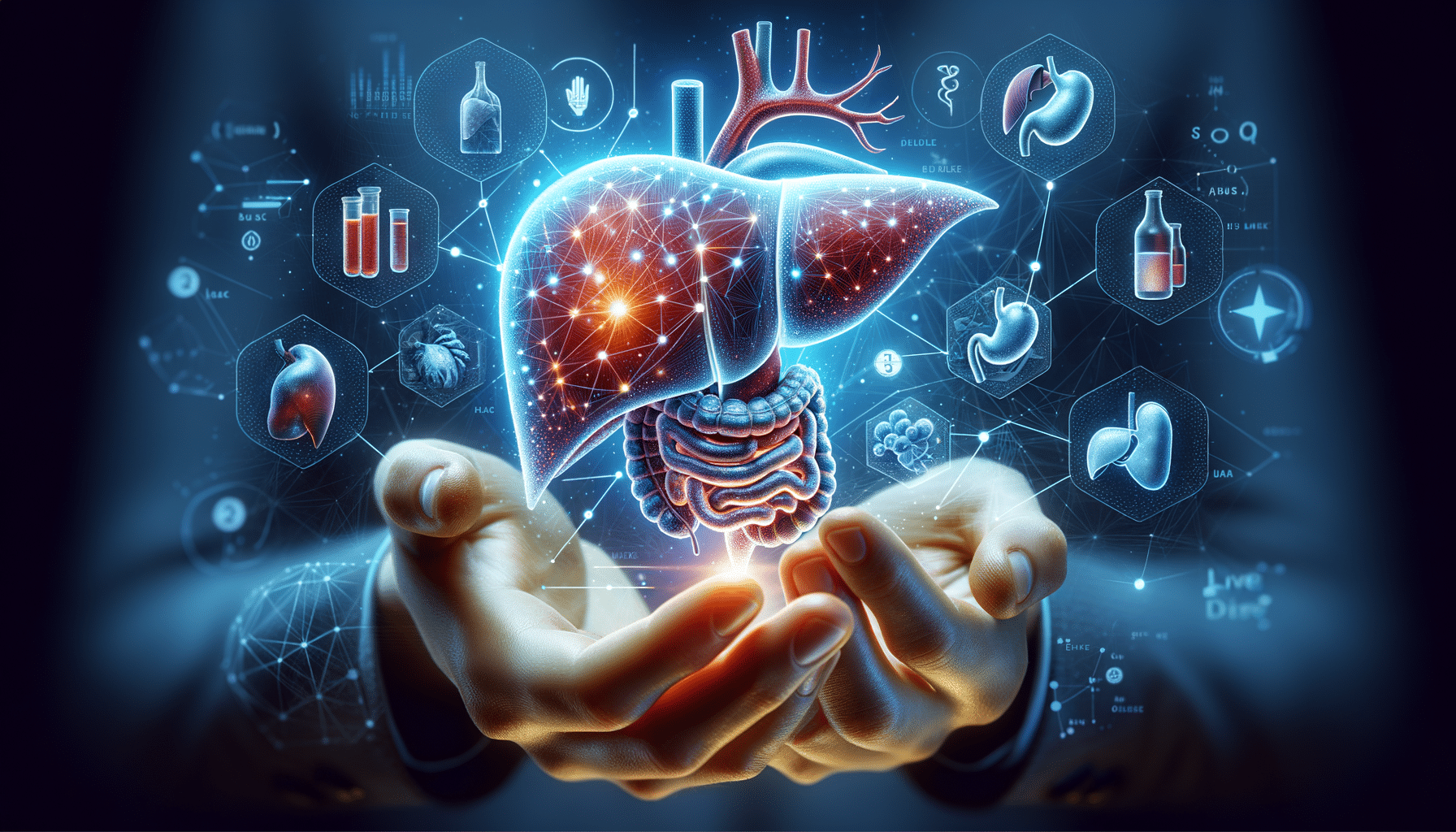
Is Your Body Telling You Something? 5 Signs to Know About Liver Function
The Vital Role of the Liver
The liver, often overshadowed by other organs, plays a crucial role in maintaining overall health. It is responsible for over 500 functions, including detoxification, protein synthesis, and the production of chemicals necessary for digestion. One of its primary functions is to filter the blood coming from the digestive tract before passing it to the rest of the body. This organ also metabolizes drugs and detoxifies chemicals, making it indispensable for survival.
Without a healthy liver, the body would struggle to process nutrients, store energy, and eliminate toxins. The liver’s ability to regenerate is remarkable; however, it is not invincible. Chronic damage can lead to liver diseases such as cirrhosis or liver cancer. Understanding and maintaining liver health is, therefore, essential for a long and healthy life.
Common Liver Health Issues
Liver health issues can range from mild to severe, with some being more common than others. Fatty liver disease, both alcoholic and non-alcoholic, is one of the most prevalent conditions. This occurs when too much fat builds up in liver cells, leading to inflammation and damage. Hepatitis, an inflammation of the liver, can be caused by viruses, alcohol, or autoimmune conditions.
Cirrhosis is another serious condition where healthy liver tissue is replaced with scar tissue, hindering the liver’s ability to function. Liver cancer, although less common, poses a significant health risk. Early detection and management of liver issues are crucial, as symptoms often do not appear until the disease is advanced.
Signs Your Liver Might Be in Trouble
Being aware of the signs that your liver might be in trouble can lead to early intervention and better outcomes. Common symptoms include jaundice, where the skin and eyes turn yellow due to a buildup of bilirubin. Fatigue and weakness are also prevalent, as the liver struggles to filter toxins efficiently.
Other signs include swelling in the legs and abdomen, dark urine, and pale stool. If you experience any of these symptoms, it is important to consult a healthcare professional for further evaluation. Early detection can prevent further damage and improve liver function.
Maintaining Liver Health
Maintaining liver health involves a combination of lifestyle choices and regular medical check-ups. A balanced diet rich in fruits, vegetables, and whole grains can support liver function. Limiting alcohol intake and avoiding illicit drugs are also crucial steps in protecting your liver.
Regular exercise helps maintain a healthy weight, reducing the risk of fatty liver disease. Vaccinations for hepatitis A and B can prevent viral infections that damage the liver. Lastly, regular check-ups and liver function tests can catch potential issues early, allowing for timely intervention.
Conclusion: Listen to Your Body
Your liver is a powerhouse that deserves attention and care. By understanding its functions, recognizing signs of trouble, and taking proactive measures, you can ensure it remains healthy. Paying attention to your body and making informed lifestyle choices can lead to a healthier liver and, consequently, a healthier life.
Remember, your liver works tirelessly to keep you healthy. It’s time to return the favor by giving it the care it deserves.